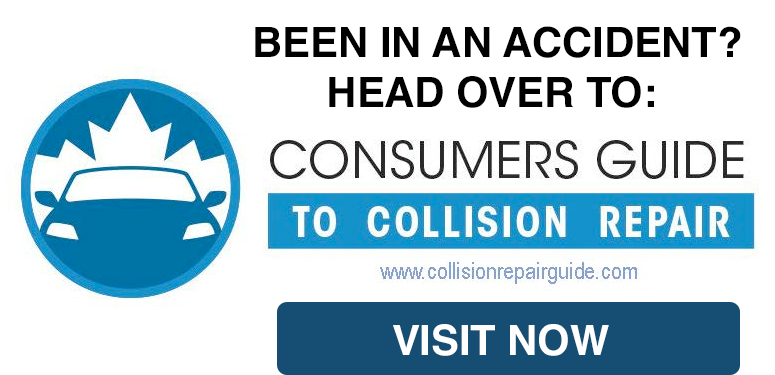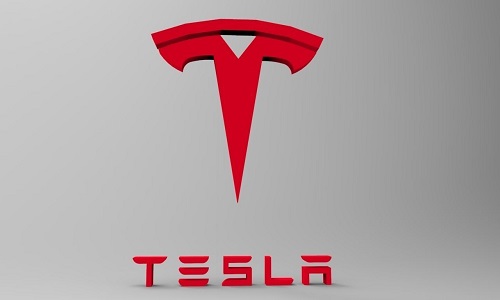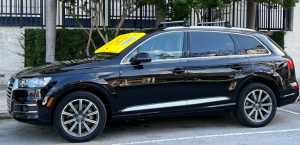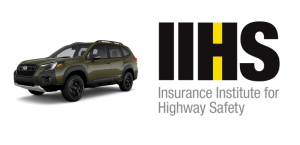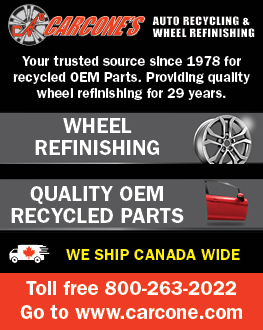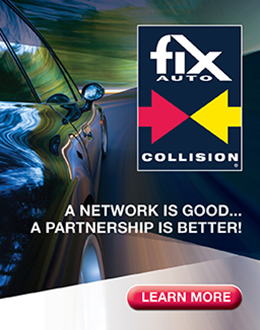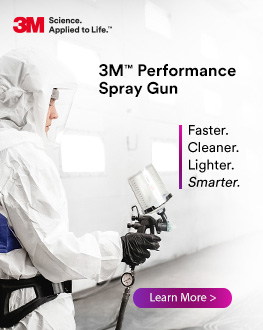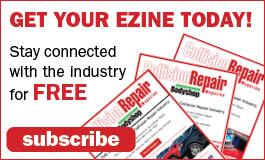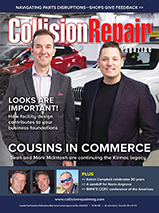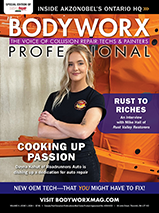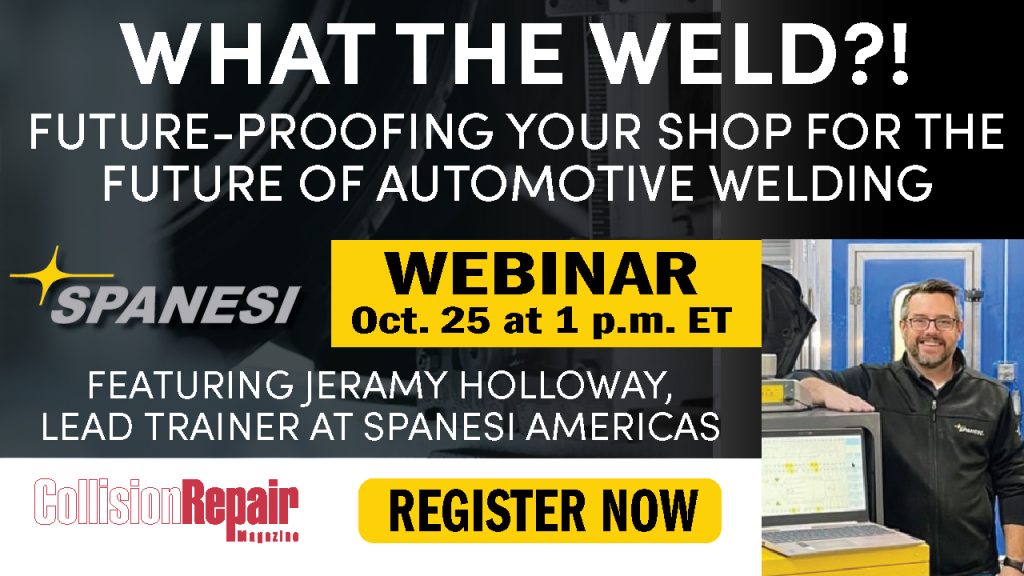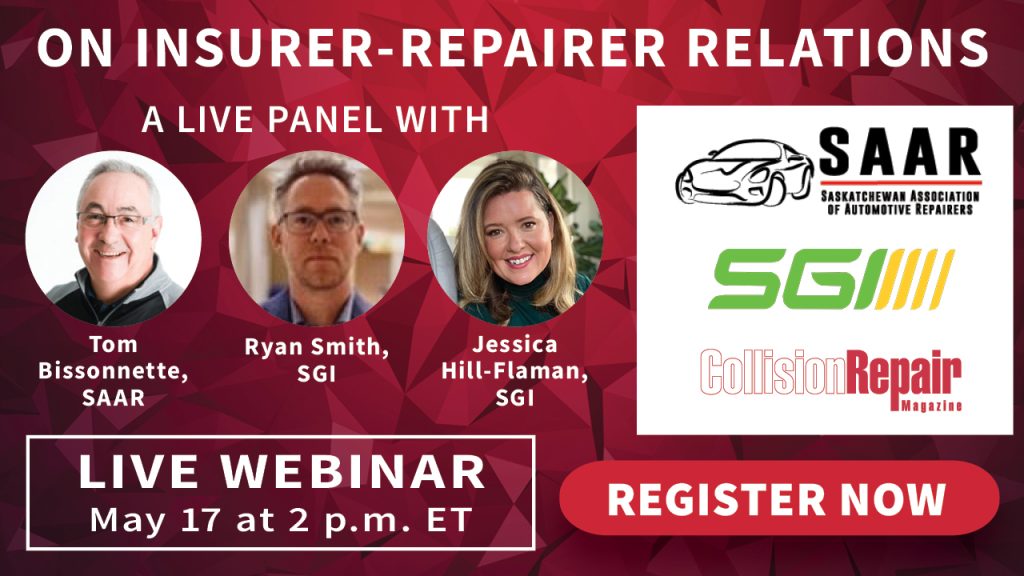By CRM Staff
Toronto, Ontario — August 28, 2018 — To state the obvious, a shop needs to be equipped with the right tools in order to properly perform the right repairs on an electric vehicle. Although, this a grand opportunity for shops to gain more business it can also be a huge expense.
“It’s quite the investment, if you are a generalist collision center and are onboarding for the first time to become OEM certified for Tesla and the aluminum and EV properties of this vehicle,” said Jack De Sena, director of fixed operations for Doug’s Place.
Doug’s Place is a collision repair shop located in northern Edmonton. It’s one of the repair shops that is Tesla certified in Canada. De Sena said that they repair about 20 Tesla’s a month in the Edmonton Market and various other hybrid cars.
“We made the decision to invest in the Tesla program because we found this program to align with our business strategy to fix high end luxury vehicles at our Strathcona division, which was already BMW Certified and now we have added Volvo,” he said.
“It is quite the investment if you are a generalist collision center and are onboarding for the first time to become OEM certified for Tesla and the aluminum and EV properties of this vehicle.”
Shops must have frame benches and matching frame bench packages, as well as Tesla specific fixtures. Some other needed parts are blind rivet gun capable of 14,000 N pulling force, combination of riveting tools, welders, a basic aluminum dent station, subframe removal equipment and a wide range of Tesla tools and replacement parts.
The pricing of these tools and piece of equipment are as follows:
- Frame benches – $20,000 to $130,000 U.S.,
- Fixtures – $800 to $25,000 U.S.
- Optional electronic bench – $20,000 to $50,000 U.S.
- Blind rivet gun – $2,000 U.S.
- Combination of riveting tools (Bollhoff and Huck 254 or complete Xpress kit) – $1,500 to $3,000 U.S.
- Basic aluminum dent station for repairing external body panels – $6,300 U.S.
- Subframe removal equipment – about $3,400 U.S.
Must have one of the following welders:
- A GMA Welder – $9,000 to $13,000 U.S.
- Squeeze type resistance spot welder – $18,500 to $28,000 U.S.
A battery table is also required to be able to remove the large heavy battery from the vehicles. And last but not least, the personal protection safety gear for the staff is very important.
“PPE equipment is costly for protecting yourself from electricity. Almost $100 a pair for safety gloves that have a shelf life,” De Sena said.
Other unforeseen things a shop would need are wireless high-speed internet to be able to communicate with the vehicle both via Wi-Fi and while connected and the ability to be able to charge these vehicles while in the facility.
“Many tools are purchased from Tesla directly; those odds and ends tools cost around $20,000. But the entire investment adds up if you add up the tools above to be able to perform the tasks required plus laptops capable of interfacing with the vehicle. We don’t set the pricing, but it adds up fast,” he said.
As for the training aspect, according to De Sena it is administered by Tesla and some of it is partnered with I-CAR to conduct training with aluminum welding.
Other courses can be about $900 per technician depending on the training.


